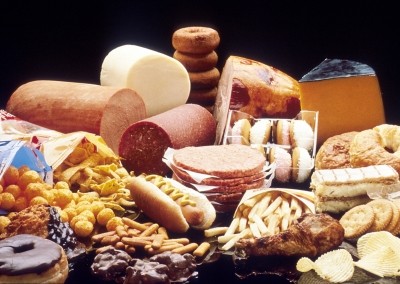Lithuania moves to cap industrial trans fats

For foods with a total fat content of less than 3 %, the maximum limit for trans fats is 10 g per 100 g of total fat content.
The law also covers food supplied by mass caterers but exempts naturally occurring trans fats in ruminant animal sources.
“TFAs are a significant risk factor for cardiovascular disease, have a direct effect on the onset of cardiovascular diseases and can increase the risk of a heart attack. In Lithuania, the prevalence and mortality rates of non-communicable diseases are high, far beyond the average among EU countries,” reads the draft law.
In 2015, vascular disease was the cause of more than half (56.5 %) of all deaths in Lithuania.
The small Baltic country with a population of 2.91 million also has the highest standardised death rate for ischaemic heart disease, both in men and women. In 2016, it was responsible for more than 700 deaths out of every 100,000 men and nearly 500 deaths per 100 000 women. This is compared to an EU average rate of 132 deaths per 100,000 inhabitants.
Lithuanian lawmakers notified the European Commission of the planned regulation on 29 June.
A spokesperson for the Lithuanian Ministry of Health said it was still waiting to receive opinions, comments and recommendations from other EU countries and the Commission until October, and that the order may be amended on the basis of this.
It is unlikely there will be objections, however, as fellow member states Denmark, Austria, Iceland, Latvia and Switzerland have all capped industrially produced trans fats - also known as artificial trans fats - at the same 2 % level.


























